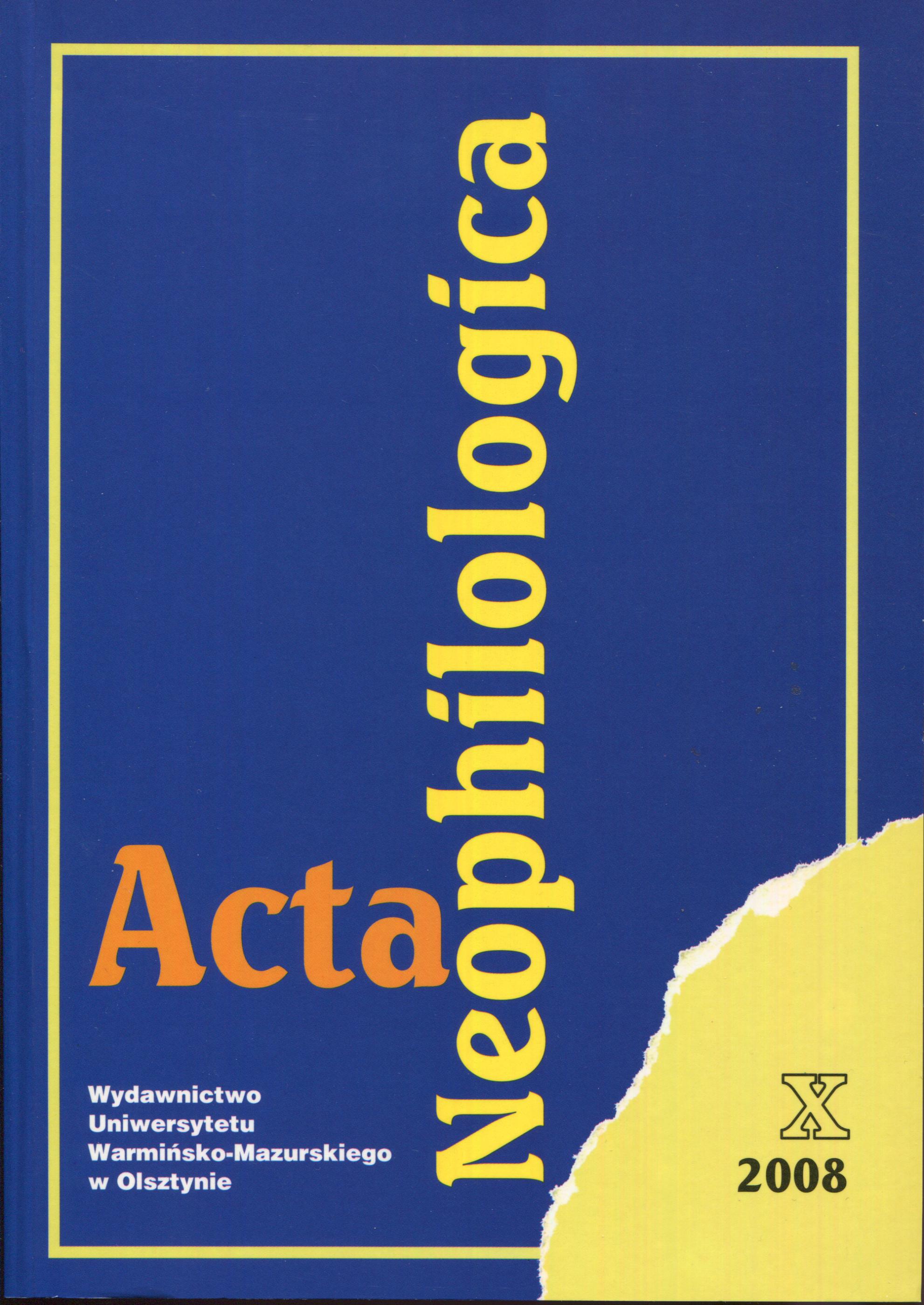Translation o f Biblical References in Literary and Non-literary Text
Translation o f Biblical References in Literary and Non-literary Text
Author(s): Ewa Kujawska-LisSubject(s): Language and Literature Studies, Studies of Literature, Translation Studies
Published by: Wydawnictwo Uniwersytetu Warmińsko-Mazurskiego w Olsztynie
Keywords: intertextuality; translation; literary text; non-literary text; competence
Summary/Abstract: The division of texts for the purpose of translation into literary and non-literary ones, basedmostly on the dominant language function in a given text type, often leads to a stereotypicalunderstanding of the stance of the translator’s competence. Non-literary text translators who focusentirely on that branch of knowledge that a given text refers to and on related terminology mayoverlook the cultural and intertextual elements. This not only ignores the intention of introducingthem into the text, but also may change the meaning of passages in which they are included.The analysis of a book concerning psychology and psychotherapy: Systems of Psychotherapy.A Transtheoretical Analysis, as representing non-literary texts, and G.K. Chesterton’s detectivestories, being examples of literary texts, provides some examples of introducing more or lessimplicit references to the Bible into psychological discourse and literature respectively. Despite thelabel of scientific texts, American psychological literature is characterized by numerous hiddenquotations from other sources which serve various functions: using the already lexicalised phraseologyor entering into a polemics with the religious doctrine. Consequently, in translating such texts, translators cannot limit themselves to a thorough knowledge of psychology, psychotherapyand terminology connected with those areas, but must also be observant enough to notice intertextualtraces and then be able to localize them and interpret them correctly. Otherwise the translationmay alter the original meaning or introduce an ambiguity which is not welcome in such texts.Thus ‘intertextual competence’ is by no means reserved for literary text translators for whom thistype of expertise is obviously of primary importance.
Journal: Acta Neophilologica
- Issue Year: 2008
- Issue No: X
- Page Range: 37-50
- Page Count: 14
- Language: English

